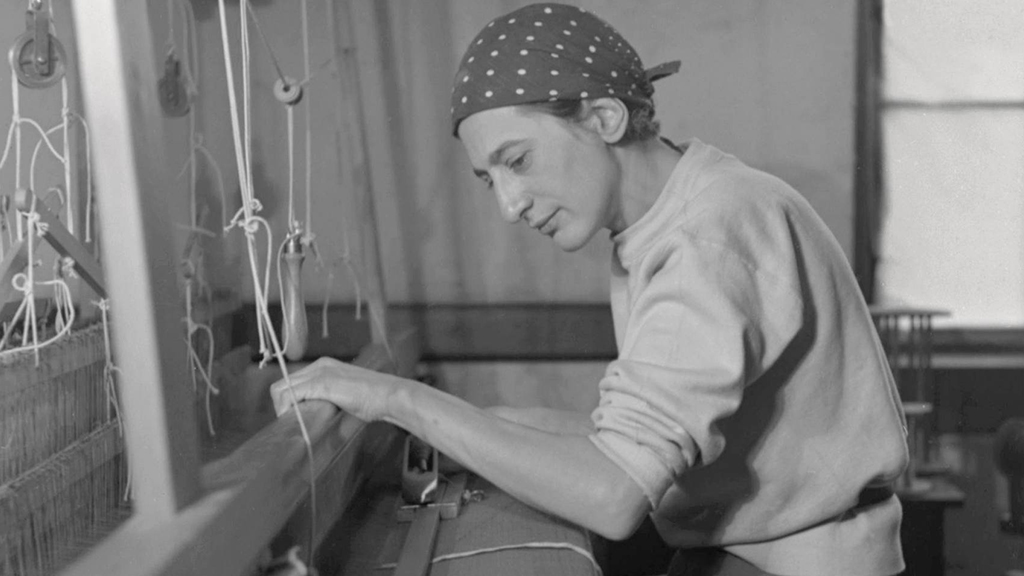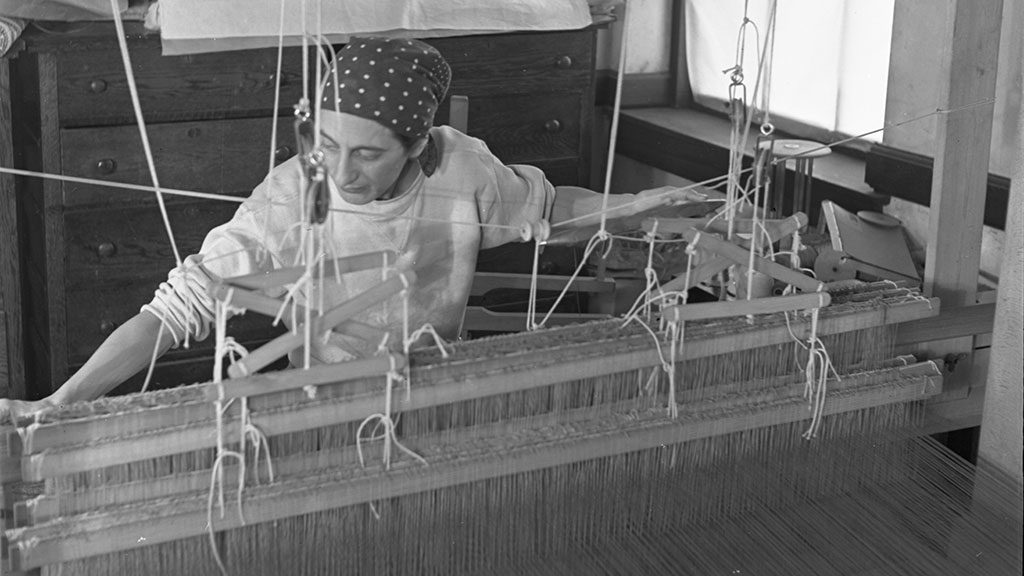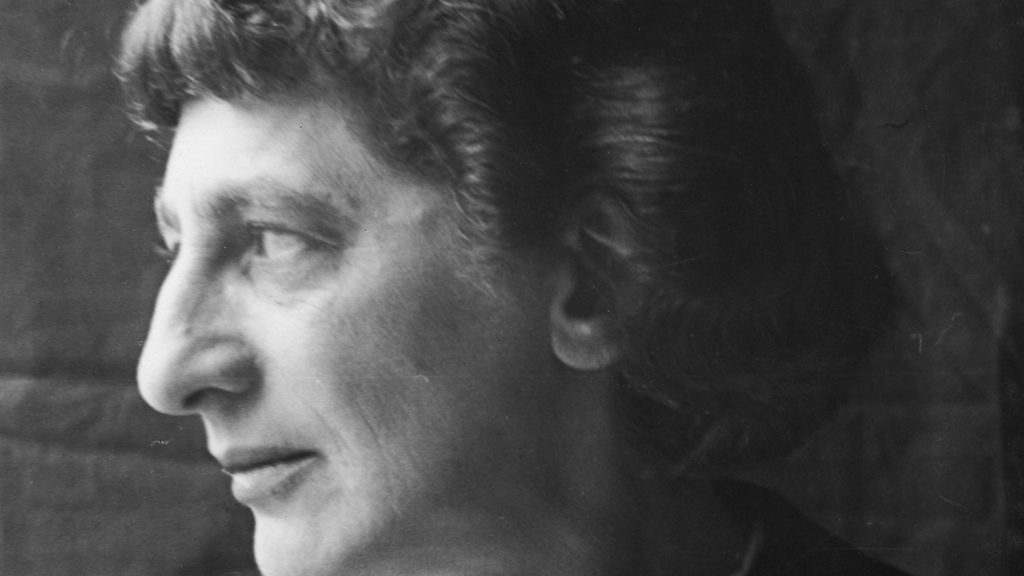loading...
Anni Albers
Anni Albers (born Annelise Elsa Frieda Fleischmann; June 12, 1899 – May 9, 1994) was a German-born American textile artist and printmaker credited with blurring the lines between traditional craft and art. Albers was one of the most influential textile artists of the 20th century. Throughout her life she experimented with materials and inspired a cultural reassessment of fabrics as an art form. In 1922 she joined the Staatliches Bauhaus, an influential art and design school, where she completed her diploma in weaving in 1930 and succeeded Gunta Stölzl as the head of the weaving workshop the following year. When Bauhaus closed in 1933, Albers and her husband fled to America when they were invited by American architect, Philip Johnson, to teach at Black Mountain College in North Carolina. There they both ran the art program until 1949. That same year, the German-American artist had a solo exhibition of her bold and abstract work at The Museum of Modern Art in New York City, a highlight of a distinguished and celebrated career. Albers took up lithography and screen printing, further exploring the interplay between dynamic patterns and bold color combinations. Throughout her career she advanced weaving as a modernist medium across the disciplines of art, design and architecture, but also rooted her practice within the ancient and sophisticated textile traditions that she studied from around the world. Albers continued to weave, write, and print until her death on May 9, 1994, in Orange, CT at the age of 94.


